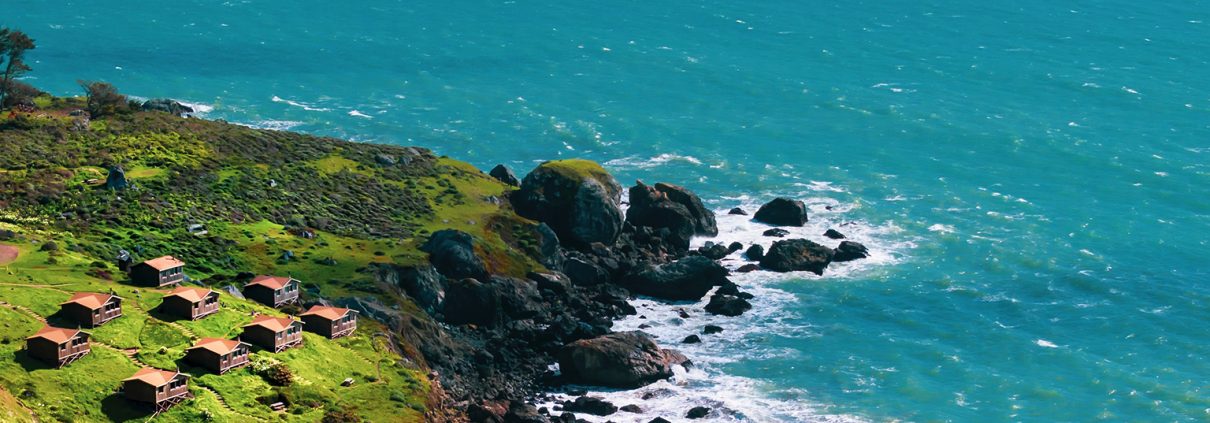The following is a repost of a blog from COMPASS, jointly authored by Estelle Robichaux (COMPASS) and Anthony Rogers (OST). It is a summary of a convening our two organizations were proud to partner on last year, and in the spirit of that partnership we share it again here. The full report, including a description of the convening and outcomes, can be found here.
Between June and November 2020, COMPASS and the California Ocean Science Trust (OST), with funding from the David and Lucile Packard Foundation, convened twenty leaders in ocean and climate science, conservation, and society to discuss pressing issues at the intersections of their collective expertise. This group of ocean-climate science leaders came together to more critically examine their work through an equity lens by identifying ways to incorporate equity into their own research and inspire equity within their fields more broadly through the many roles scientists play – as funding reviewers, panelists, editors, educators, etc.
An analysis of the key issues and points made throughout these discussions yielded a three-pronged framework of self, science, and society as lenses through which to view the challenges and opportunities presented:
- Self: As individuals and scientists, there are opportunities and choices around how to develop research, how to execute it, who to collaborate with, and how and with whom we share it. Specific recommendations focused on evaluating the research and design process, considering how coproduction influences outputs and beneficiaries, actively cultivating partnerships and inclusion, and embracing reflection and self-evaluation as central to the process.
- Science: As members of and participants in the institution of science, scientists and researchers are both creators of and subject to the norms of science. Challenging the conventional culture and power dynamics of science, interdisciplinary research, and how, for and by whom science is used were identified as priority areas for further action.
- Society: Power dynamics at all levels of society can create barriers to equitable solutions. Opportunities exist to change this through a comprehensive evaluation of the distribution of power and capacity across systems and processes, a reframing of the conversation, a focus on funding what’s necessary, and investing in people.
In addition to the framework noted above, two overarching recommendations emerged from these discussions. The first is to support, build on, and create spaces for support by joining, promoting, and forming action groups to keep fighting against systemic racism in science, academia, government and society as spaces to partner in tangible opportunities for change. The second is to create individual and collective paths forward by developing a “roadmap” for how to integrate the natural and social sciences into ocean management, policy, and conservation, with a decisive centering around equity. This includes highlighting principles and case studies, so people can reflect and think about how they can incorporate change into their own lives, practices, and collaborations.
The questions, recommendations, and observations summarized in this report reflect the broad spectrum of conversations that took place, adding to many other conversations – past, present, and future – on these topics.
The full report on this event is available here. It is our hope that these discussions can contribute to a dialogue and support system that will help inform individual actions, re-shape institutions, and re-frame scientific information entering public dialogues.




